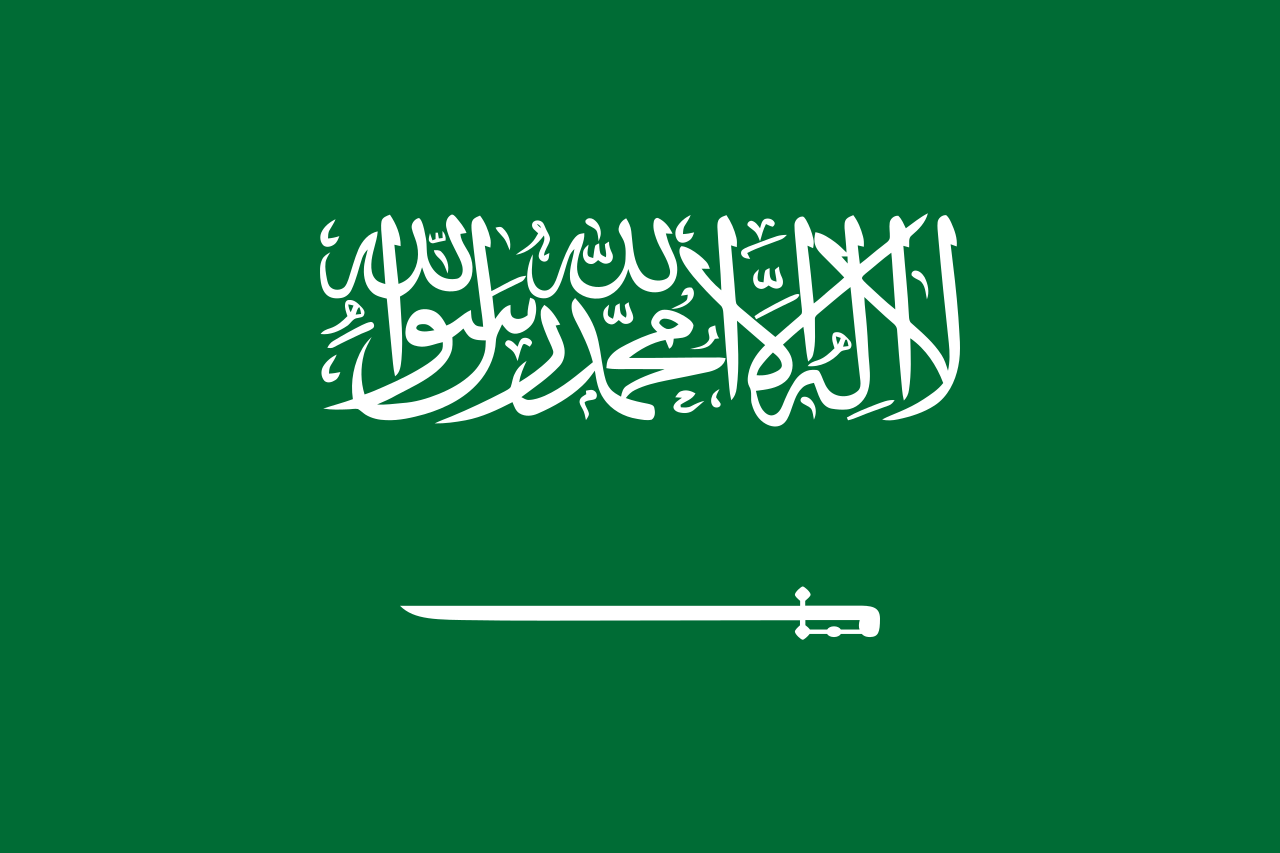Introduction:
This course will take you step-by-step through proven approaches to Public Relations (PR) planning and management.
By following these steps, PR professionals will achieve results that can be measured and reported back to top management, and directly contribute to the organization’s success by enhancing its reputation and improving its relationships.
You will be shown how the fundamentals of PR are vital, and how significant they are to understand organizational reputation and relationships. A PR professional in hospitals, can often be in a challenging, difficult and even confusing situation. Therefore, attending this course will enable you to develop the skills needed to present practical and achievable plans that win the confidence of management.
Targeted Groups:
- PR Directors in Healthcare organization
- PR Managers in Hospitals
- PR Professionals
- Media Center Professionals
Course Objectives:
At the end of this course the participants will be able to:
- Learn about the new challenges of healthcare communications
- Understand the role of the culture in the healthcare communication
- Understand the role of the media in the healthcare promotion
- List the functions of public relations in a changing environment.
- Plan and organize a PR program by familiarizing themselves with the main functions of a PR professional.
- Practice the key communication skills and techniques essential for performing their PR duties.
- Justify the role of a PR professional in supporting the image and reputation of the organization by becoming proficient in both verbal and written communication.
- Explore the range of communications techniques and tools available
- Plan communications activity to meet client need
- Develop media interview techniques
- Prepare and execute a press conference.
Targeted Competencies:
- Communication skills
- Interpersonal skills
- Media skills
- Management skills
Course Content:
Unit 1: The Challenges to Effective Health Communication & Potential Improvements:
- Characteristics of Effective Health Communication.
- Key challenges in healthcare.
- Health communication strategies.
Unit 2: The Role of Culture in Health Communication:
- How does culture affect our health?
- How does culture affect a person?
- The organizational culture in healthcare.
- Cultural influences examples.
- The four types of organizational cultures.
Unit 3: The Importance of Interpersonal Communication in Healthcare Delivery:
- The importance of interpersonal skills in healthcare.
- Why are interpersonal communication skills important?
- The 5 characteristics of interpersonal communication.
- The qualities of interpersonal communication.
Unit 4: The Role of Community in Disseminating Health Information:
- What is the information dissemination definition?
- Why is the dissemination of evidence important?
- The dissemination strategy.
- The dissemination phases.
- The conceptual phases.
Unit 5: The Media as a Health Promotion Tool:
- The role of mass media in health promotion.
- Mass-media campaigns.
- How does mass media promote health education?
- What are the disadvantages of media?
Unit 6: The Necessity of Proper Health Informatics Systems in Efficient Healthcare Delivery:
- Why is Informatics essential to nursing and health care?
- What is health informatics and why you should care?
- The importance of health informatics.
Unit 7: Risk Communication in Health Education and Promotion:
- What is risk communication in public health?
- Why Health Communication is important in public health?
- What are the steps involved in risk communication?
Unit 8: PR in a Changing Environment:
- The origin and development of PR.
- Definitions of PR.
- Scope of PR.
- Objectives of PR.
- Guiding principles of PR professionals.
- PR campaigns.
- New roles and perspectives.
- The role of PR in building and supporting the image of the organization.
- PR in a hospital environment.
Unit 9: The Functions of PR:
- Management principles.
- Planning and organizing the activities of PR.
- Leading and controlling PR projects.
- Ingredients of successful PR planning.
- Main qualities of PR professionals.
- PR position in the organization.
- PR position in the hospitals.
- Responsibilities of the PR professional.
Unit 10: Press Conferences:
- Defining a press conference.
- Reasons to hold a press conference.
- Conducting a press conference.
- Preparing a media and press kit.
- Building good relations with the media.
- Principles of dealing with the press during a crisis.
 العربية
العربية





